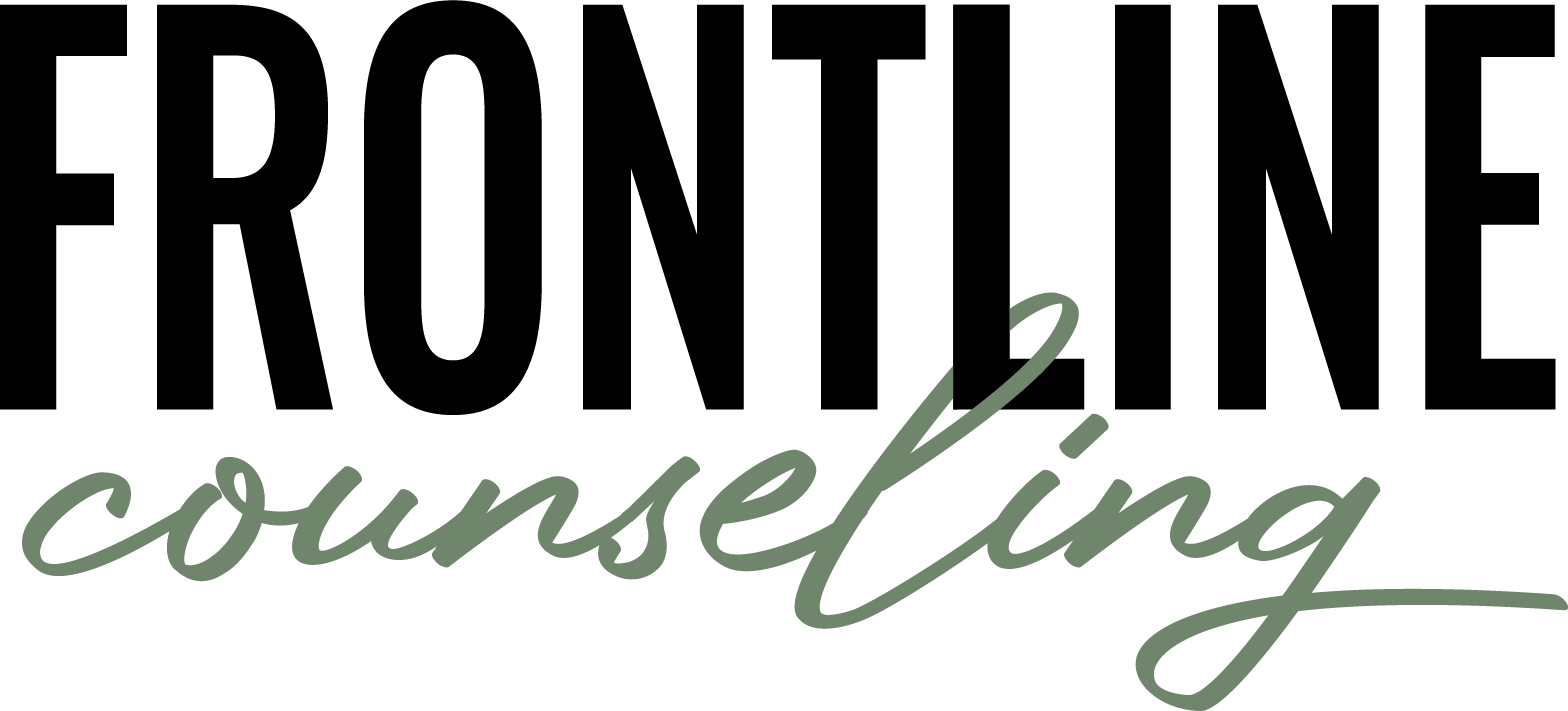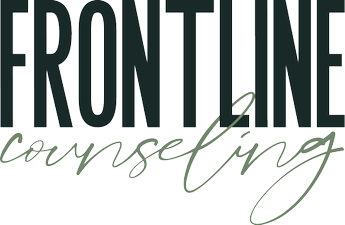Navigating the Transition to Civilian Life: A Service Member’s Guide to Success After Military Service
Making the transition from military to civilian life is one of the most significant challenges many service members will face. Whether you’re leaving the military after years of service or stepping down from an intense first responder career, adjusting to civilian life can be a journey filled with unexpected hurdles and opportunities. This blog is essential reading for anyone approaching or undergoing this major life transition, offering practical advice, emotional insight, and real-world strategies to help you build a fulfilling life post-military.
Article Outline: Mastering Your Transition to Civilian Life
1. Why Is the Transition to Civilian Life So Challenging for Veterans?
2. How Does Military Training Shape Your Civilian Transition?
3. What Are the First Steps When Leaving the Military?
4. How Do You Find the Right Civilian Job After Military Service?
5. What Challenges Do Veterans Face When Readjusting to Civilian Life?
6. How to Translate Military Experience into Civilian Terms
7. What Civilian Employers Are Looking for and How to Stand Out
8. How Programs Like the Transition Assistance Program Help Veterans
9. Why Creating Structure in Civilian Life Matters So Much
10. How to Maintain a Sense of Belonging After Leaving the Military
Why Is the Transition to Civilian Life So Challenging for Veterans?
The transition to civilian life often feels like stepping into an entirely different world. After years of military service, service members are accustomed to a structured environment, a clear chain of command, and a profound sense of mission. Civilian life, on the other hand, can feel chaotic, unclear, and lonely.
Many veterans may struggle because they are leaving behind not just a career path, but also an identity, a community, and a lifestyle. According to the Pew Research Center, nearly half of post-9/11 veterans say readjusting to civilian life was difficult. The emotional aspects of life after military service are just as important to address as the professional ones.
How Does Military Training Shape Your Civilian Transition?
Your military training has given you incredible strengths, discipline, leadership, perseverance. However, transitioning these skills to the civilian world can be tricky. Many veterans find that civilian employers don’t immediately understand how military skills transfer well into civilian occupations.
Additionally, military life often trains individuals to work within tightly controlled systems. Transitioning to civilian environments, where hierarchies are looser and expectations less clearly defined, can cause frustration or confusion. Military members need to learn how to reframe their experience in civilian terms to succeed outside of the military.
What Are the First Steps When Leaving the Military?
Leaving the military requires strategic planning. First, update your resume by highlighting transferable skills and military experience in a way that resonates with civilian employers. Also, prepare emotionally for the cultural shift you're about to undergo.
Connect early with support networks like the Department of Veterans Affairs to understand what healthcare services, support services, and educational and career resources are available. The earlier you begin preparing, ideally while still active duty, the smoother the transition process will be.
How Do You Find the Right Civilian Job After Military Service?
Starting your job search after years of military service can be intimidating. It's crucial to recognize that while your skills are valuable, they may need to be positioned differently for the civilian job market. Research industries and roles that align with your military training and education and skills.
Also, applying to jobs in the civilian world often requires more networking than veterans are used to. Consider programs to help like Hiring Our Heroes or organizations helping veterans find employment. Remember, civilian employment isn’t just about finding any job, it's about finding the right fit for your next career move.
What Challenges Do Veterans Face When Readjusting to Civilian Life?
Veterans face a range of challenges when readjusting to civilian life. Loss of identity, difficulties creating social networks, struggles with unstructured time, and even mental health issues like PTSD can all arise.
According to studies, veterans and their families often encounter financial stress, misunderstandings with civilians, and a lack of sense of belonging. Many veterans may struggle to create their own structure, something the military provides automatically. Recognizing these obstacles early is key to overcoming them.
How to Translate Military Experience into Civilian Terms
One of the biggest hurdles in the career transition is learning to translate military achievements into civilian terms. Speaking the language of the civilian work environment is crucial.
For example, instead of listing your role as a "platoon sergeant," you might describe yourself as a "team leader managing 40 personnel and multimillion-dollar equipment." This way, civilian employers immediately understand the qualifications and leadership experience you bring.
What Civilian Employers Are Looking for and How to Stand Out
Civilian employers value many of the qualities veterans bring, leadership, teamwork, reliability, but you must present them in a way that matches what employers are looking for. Focus on transferable skills and how they apply to civilian careers.
Also, embrace professional development. Going to college or earning certifications can bolster your resume and show that you're ready to excel outside the military. Your first post-military job might not be perfect, but it’s a stepping stone toward your ideal career path.
How Programs Like the Transition Assistance Program Help Veterans
The Transition Assistance Program (TAP), sponsored by the Department of Defense, is a critical resource for service members preparing for life after the military. TAP helps with resume building, interview skills, and understanding the job search process in the civilian world.
Participating in TAP while still still in the military can help you make the transition more confidently. These resources to help ease the transition from military life are vital to finding success after service.
Why Creating Structure in Civilian Life Matters So Much
In the military community, structure is everything. Once you’re back to civilian life, it’s easy to feel lost without daily routines and clear missions. That’s why veterans often need to create their own structure to succeed.
Setting daily goals, pursuing education, or building a new career path provides purpose and stability. Without structure, veterans may struggle with motivation and identity and purpose, leading to difficulties maintaining momentum.
How to Maintain a Sense of Belonging After Leaving the Military
Perhaps the most profound loss during the transition from military life is the deep sense of belonging that the military community offers. Finding that camaraderie outside the military can be challenging.
Stay connected with military veterans groups, join professional organizations, or volunteer for causes you care about. Building a new network is essential for emotional well-being during your transition to life as a civilian.
Key Takeaways: Thriving in Civilian Life After Military Service
- Civilian life offers freedom and opportunity, but it requires careful adjustment and planning.
- Transition challenges are normal and do not mean you’re failing, preparation is key.
- Military training equips you with incredible skills that transfer well to civilian occupations, you just need to translate military experiences effectively.
- Resources like the Transition Assistance Program and the Department of Veterans Affairs are crucial aids.
- Building structure, pursuing education, and finding a new sense of belonging are essential for successful reintegration.
- Your military experience is valuable, and with the right mindset and support, you can thrive in civilian employment and beyond.
SHARE THIS POST:
Megan Randall, LCSW, EMDR Certified
Founder of Frontline Counseling
I’m Megan Randall, LCSW, and I’m here to help you navigate these challenges, rebuild your life, and regain clarity and strength. As a trauma specialist, I’m passionate in helping my clients overcome the emotional and psychological effects of their painful experiences.
Helpful Articles
Our Recent Post



